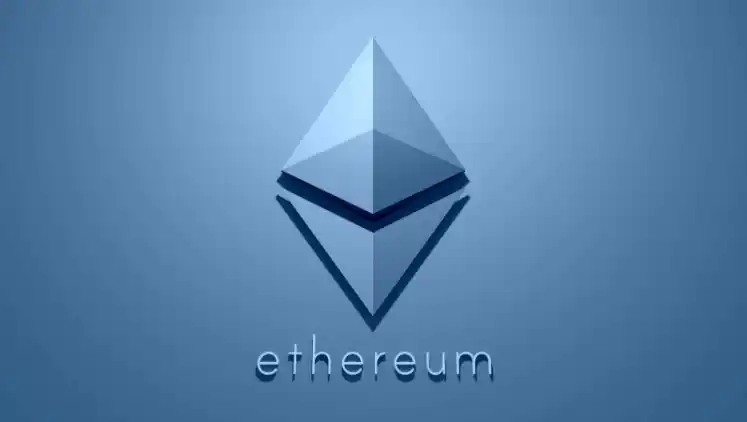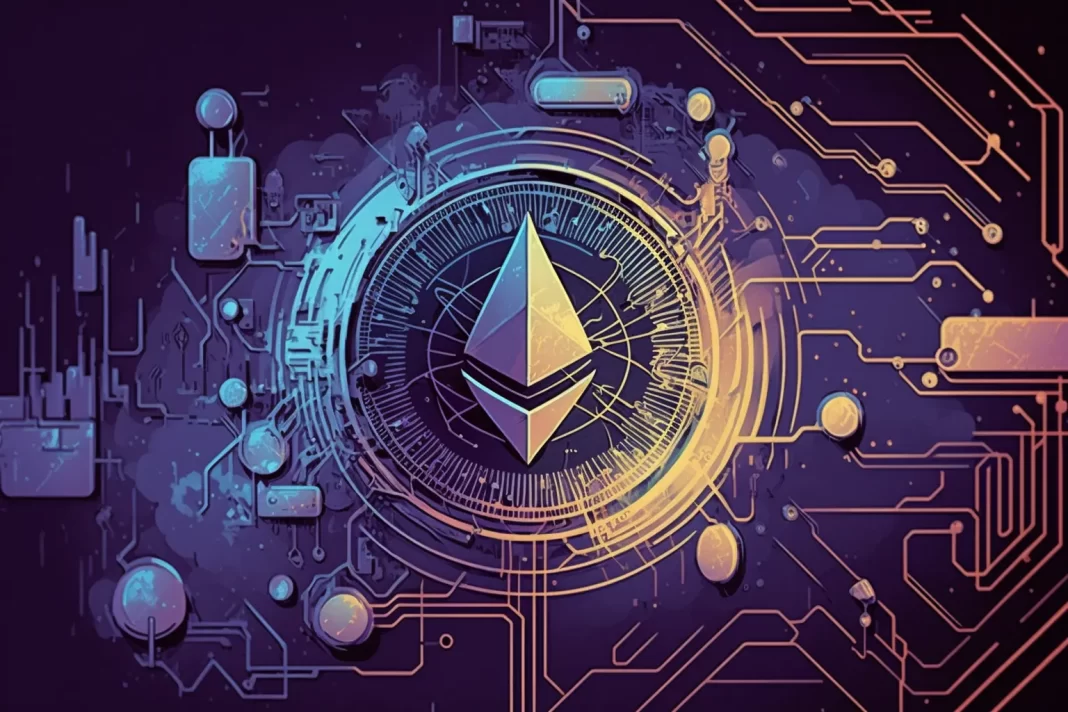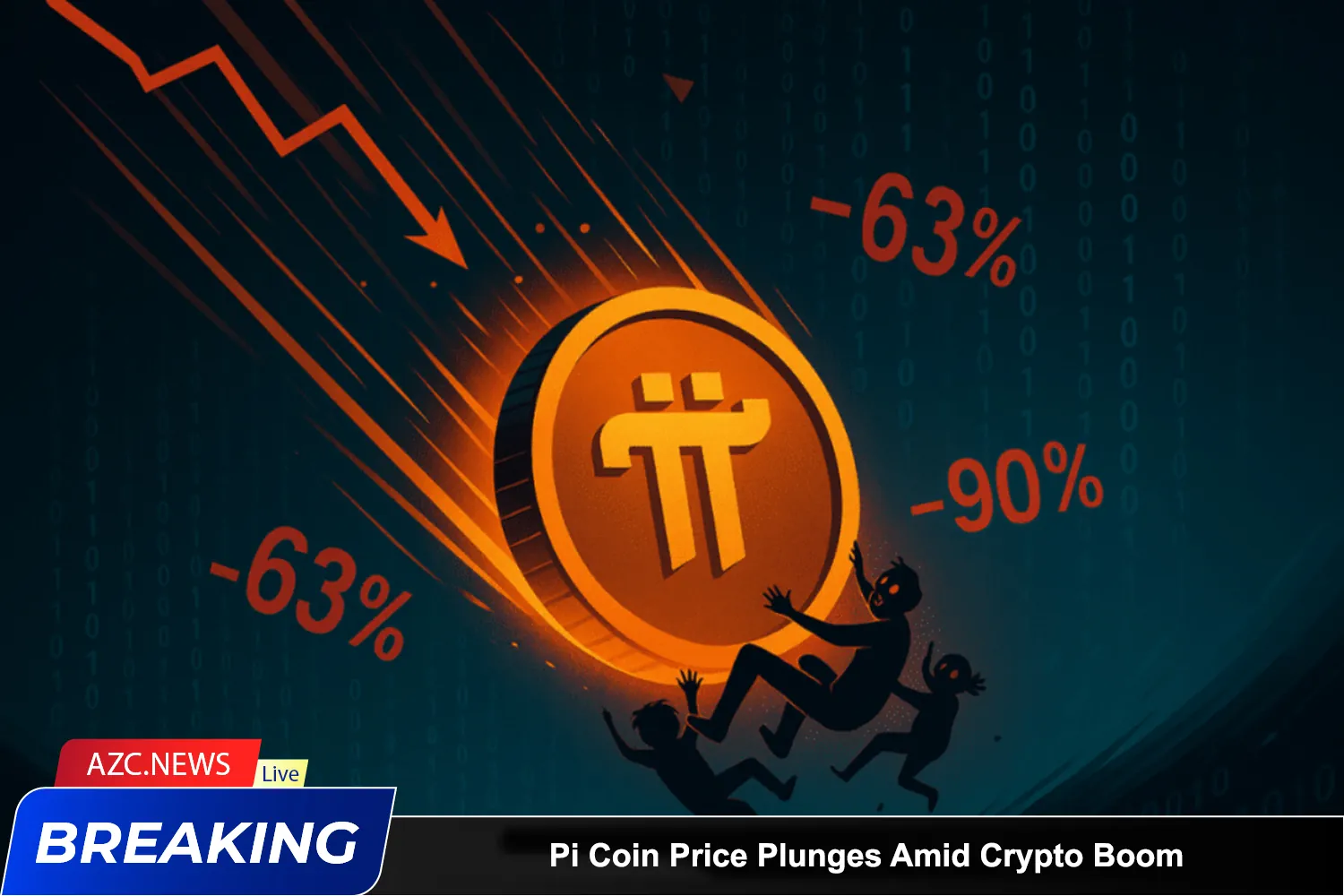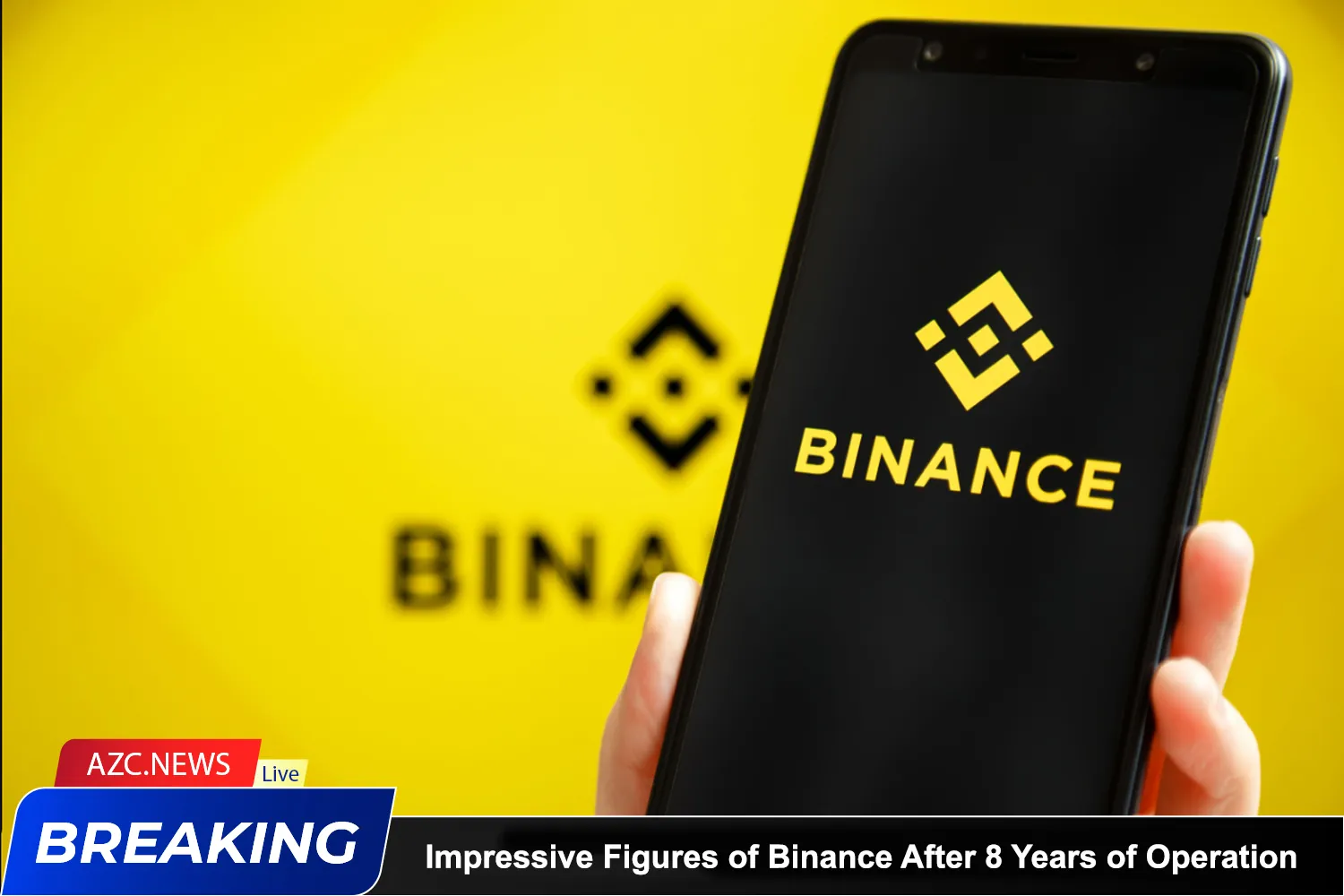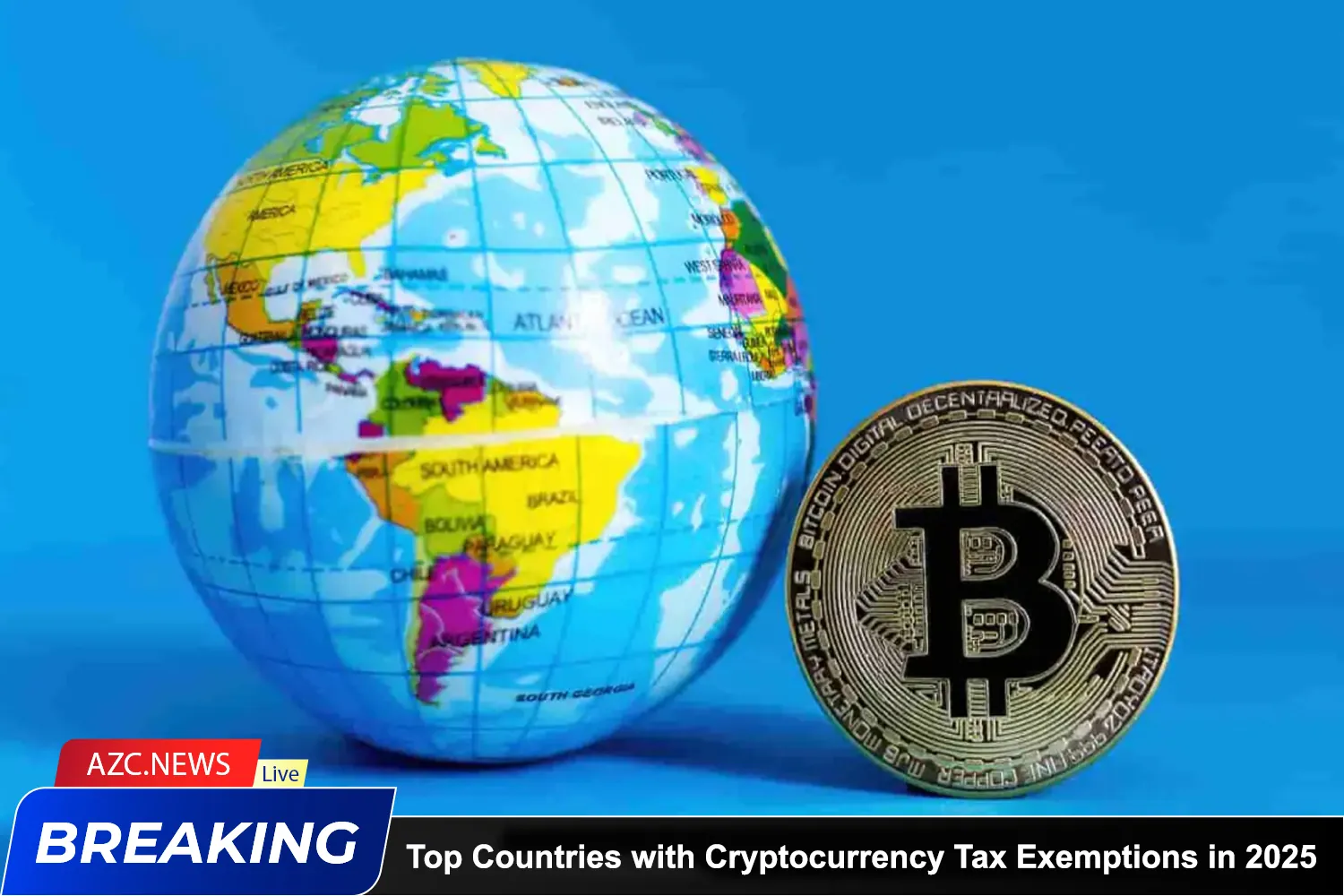In the context of the continuously evolving cryptocurrency landscape, Ethereum, often referred to as ETH, stands out as a pioneering force. In this article, readers are invited to delve into the history, technology, use cases, and potential future of ETH.
What is Ethereum?
Ethereum is an open-source, public, and permissionless blockchain technology platform that enables the execution of decentralized applications (Dapps) on its network. The Ethereum blockchain network is a global supercomputer system with hundreds of thousands of interconnected devices that operate to maintain its computational state.
ETH is the native cryptocurrency of the Ethereum blockchain. ETH serves as the fuel that powers these applications and transactions on the network.
History of Ethereum
When Bitcoin was introduced in 2009, the cryptocurrency community initially focused on providing a borderless, self-sovereign, secure, and permissionless financial model. Many were more concerned about how Bitcoin could revolutionize the financial industry by transferring power from central authorities to ordinary people, rather than waiting for Bitcoin to reach the moon. At that time, the focal point was digital assets and the fundamental blockchain technology powering them.
However, as more people began to understand how Bitcoin worked, they started to envision other possibilities. Some sought to add more features to the Bitcoin blockchain, while others aimed to create their own variations for a decentralized network. Regardless of the approach taken, most developers were still constrained by the original codebase and architectural structure of the Bitcoin network. The clear limitation of this widely applied approach was that Satoshi Nakamoto’s Bitcoin did not use a Turing-complete programming language, which could flexibly accommodate the deployment of various functions.
Given Bitcoin’s infrastructure, most efforts to improve the Bitcoin network did not end well. Subsequently, a 19-year-old named Vitalik Buterin came up with a solution to address the limitations of the Bitcoin protocol and to make blockchain a building block for a range of applications beyond just finance.
In 2013, programmer Vitalik Buterin and a group of collaborators invented a new platform called Ethereum to revolutionize the current internet system.
In July 2015, Ethereum released a beta version and introduced a new dimension to the network by operating on Smart Contracts technology.
Read more: What is Bitcoin? Why was Bitcoin Created?
Founding Team of Ethereum
Ethereum (ETH) was founded by a group of talented individuals, with Vitalik Buterin being the most prominent figure among them. Here is a brief overview of Ethereum’s founders:
- Vitalik Buterin: Vitalik Buterin, a Russian-Canadian programmer, is the most well-known co-founder of Ethereum. He conceptualized Ethereum and wrote the Ethereum Whitepaper in late 2013, which laid the foundation for the platform. His vision for Ethereum was to create a decentralized, open-source blockchain platform capable of executing smart contracts, enabling a wide range of applications beyond cryptocurrencies. Vitalik’s innovative ideas and technical expertise played a pivotal role in the platform’s creation and development.
- Gavin Wood: Gavin Wood is another co-founder of Ethereum and a key contributor to its development. He played a significant role in designing Ethereum’s Solidity programming language, which is essential for creating smart contracts on the platform. Gavin Wood later founded Parity Technologies, which developed one of the leading Ethereum clients.
- Joseph Lubin: Joseph Lubin, a former Goldman Sachs executive, co-founded Ethereum and went on to establish ConsenSys, a blockchain software technology company. ConsenSys has contributed to the Ethereum ecosystem by building various tools, dApps, and developer resources.
- Mihai Alisie: Mihai Alisie, along with Vitalik Buterin, co-founded Bitcoin Magazine, which played an important role in educating the crypto community. He later became one of the co-founders of Ethereum and continued to contribute to its development and promotion.
- Anthony Di Iorio: Anthony Di Iorio is known for co-founding Ethereum and has been actively involved in the cryptocurrency space. He founded Decentral, a blockchain company that created the Jaxx cryptocurrency wallet.
This group of co-founders, along with Vitalik Buterin, played a pivotal role in the development and launch of Ethereum.
Ethereum and The DAO Hack
The DAO started operating in May 2016 and functioned as a decentralized venture capital fund. After over a month of fundraising, The DAO managed to accumulate approximately $162 million worth of ETH. The system also expanded its features by splitting the DAO into child DAOs, allowing members to pursue shared investment goals.
On June 12, 2016, Stephan Tual, one of the creators of The DAO, announced the discovery of a vulnerability in the smart contract but claimed that it “posed no threat to the DAO fund.” However, while the development team was working to fix this issue, a hacker began exploiting the vulnerability. On June 18, 2016, the attacker managed to withdraw over 3.6 million ETH (equivalent to $70 million at the time) to a child DAO account called “DAO child.” Faced with the helplessness of the development team, the price of ETH dropped from $20 to below $13.
Soft Fork In response to this situation, a Soft Fork proposal was passed to prevent the hacker from withdrawing funds from The DAO.
Hard Fork Immediately following the Soft Fork, a Hard Fork solution was proposed to return all the ETH to the investors. The Hard Fork solution would transfer all the stolen ETH and the remaining ETH in The DAO to an account named “Refund DAO.” A significant majority of ETH owners agreed to this proposal, and it was implemented in block number 1,920,000 on July 20, 2016. Following this proposal, the Ethereum network split into Ethereum and Ethereum Classic.
Ethereum Token Standards
ERC (Ethereum Request for Comments) are sets of rules necessary for implementing tokens on the Ethereum network. These standards are used by developers to deploy smart contracts on the Ethereum blockchain platform.
Before being applied to the Ethereum blockchain, ERCs must be modified, reviewed, and accepted by the community through Ethereum Improvement Proposals (EIP), also known as Ethereum improvement proposals.
ERC20
ERC20 is a set of general rules and regulations for issuing tokens on the Ethereum platform, initially proposed by Vitalik Buterin in June 2015.
The introduction of the ERC20 standard provided developers with a common framework for deploying Fungible Tokens on the Ethereum platform. Additionally, ERC20 made it easier than ever to create a token on the Ethereum blockchain, a factor that contributed to the proliferation of Initial Coin Offerings (ICOs) in 2017.
ERC721
ERC721 is a standard for issuing Non-Fungible Tokens (NFTs) on the Ethereum platform, first proposed by William Entriken, Dieter Shirley, Jacob Evans, and Nastassia Sachs in January 2018.
The ERC721 standard allowed Ethereum developers to open up a new ecosystem of decentralized applications (DApps) that use NFTs. The first notable success in this regard was CryptoKitties, an Ethereum-based DApp for breeding virtual cats that created a significant buzz in the cryptocurrency community.
Other ERC Standards
In addition to ERC20 and ERC721, Ethereum has two other token standards that you should be aware of:
- ERC-777: This standard addresses some of the issues encountered by ERC20 and is expected to surpass ERC20 due to its superior features.
- ERC-1155: This standard is designed for various types of tokens, including Non-Fungible Tokens and Fungible Tokens. It combines elements of both ERC20 and ERC721 and was proposed to the Ethereum community by the CTO of the Enjin Coin project in June 2018.
Detailed Information about ETH Coin
What is ETH?
ETH, or Ether , is the official cryptocurrency of the Ethereum blockchain. In the Ethereum network, ETH serves as the fuel for executing transaction-related operations (Gas fees).
To put it simply, think of the Ethereum blockchain as a machine that requires “ETH” as fuel to operate smoothly.
Key Metrics for ETH
- Token Name: Ethereum.
- Ticker: ETH.
- Blockchain: Ethereum.
- Token Standard: ERC-20.
- Type: Utility & Governance.
- Max Supply: Unlimited.
- Circulating Supply: 120,264,972 ETH (as of October 20, 2023).
Token Use Cases
ETH is used for various purposes, including:
- Gas Fees for Ethereum: Similar to Bitcoin, ETH is used to pay Gas fees on the Ethereum network. The Gas fee varies depending on the network’s congestion; it increases when the network is busy and decreases when it’s less congested.
- Gas Fees for Layer 2: In addition to Ethereum, ETH is used as Gas fees for Layer 2 scaling solutions like Arbitrum and Optimism.
- Staking to Become a Validator: Since transitioning from Proof of Work to Proof of Stake, ETH can be staked to become a validator, earning rewards from the network.
- Participating in DeFi: ETH is the second-largest cryptocurrency by market capitalization. It’s widely accepted not only on the Ethereum network but also in various other ecosystems, such as BNB Chain, Arbitrum, Optimism, etc. ETH can be used for staking, farming, lending, and as a means of payment in some NFT marketplaces.
Ethereum Technology
ETH operates on a decentralized open-source blockchain, supported by a consensus mechanism known as Proof of Stake (PoS). This technology offers scalability, reduces energy consumption, and enhances security compared to older blockchain networks that use Proof of Work (PoW).
Use Cases of ETH
The versatility of Ethereum is one of its primary strengths. It serves not only as a cryptocurrency but also as a platform for building decentralized applications. DApps on Ethereum cover a wide range of applications, from decentralized finance (DeFi) to non-fungible tokens (NFTs), and beyond. The possibilities are virtually endless.
How to Buy Ethereum
Purchasing ETH is straightforward, and there are multiple methods to acquire it. You can buy it on various cryptocurrency exchanges using fiat currency or other cryptocurrencies. It’s essential to choose a reputable exchange and ensure you have a secure wallet to store your ETH. Alternatively, you can buy ETH directly from someone in exchange for cash through peer-to-peer transactions. However, it’s crucial to research and comply with all current legal principles and limitations.
To get the latest ETH price, check the top of this page, which also includes other data, such as Ethereum’s market capitalization. For historical Ethereum price data, you can refer to the Ethereum price chart (ETH chart) above. For news about Ether, you can visit the AZCNews Ethereum News page.
ETH Exchanges
ETH is a popular cryptocurrency in the market and is currently traded on a multitude of exchanges, ranging from large to small. Some top exchanges where you can buy ETH include Binance, Coinbase, OKX, Kraken, KuCoin,……….
Storage and Security of ETH
Security is of paramount importance in the world of cryptocurrency. You can choose to store your ETH in multiple places, including reputable centralized exchanges like Binance and Coinbase. You can also use trusted hardware wallets such as Ledger Nano X, Ledger Nano S, và Trezor One, or opt for leading hot wallets like Metamask, Trust, Safepal,…..
Be cautious of scam attempts and utilize two-factor authentication to enhance security.
Read more: A Beginner’s Guide to Using Metamask Wallet
Ethereum’s Future
ETH, as the fuel for the Ethereum blockchain, is more than just a cryptocurrency. It’s pioneering technology that supports decentralized applications and smart contracts. With a vibrant ecosystem and ambitious vision, Ethereum continues to shape the future of the blockchain space.
However, Ethereum still needs to overcome its limitations to maintain its position. Fundamental issues include whether Ethereum, with its complex technological upgrade roadmap, can compete with faster-moving rivals, and whether any consensus on its long-term functionality will emerge as the cryptocurrency world develops.
These are the general insights into the Ethereum project by AZCoiner. We hope this information is helpful to readers researching Ethereum for investment purposes.
 OMN
OMN  BTC
BTC  ETH
ETH  USDT
USDT  XRP
XRP  BNB
BNB  SOL
SOL  USDC
USDC  TRX
TRX  DOGE
DOGE 
